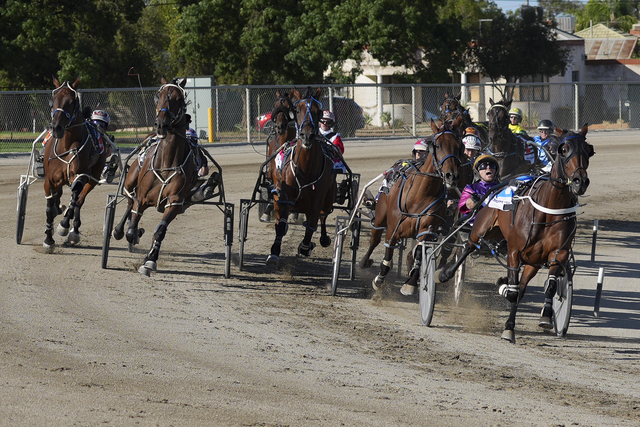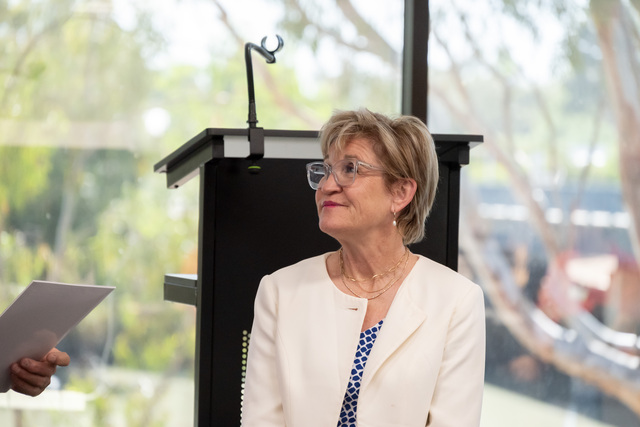IT’S a tough balancing act being a junior sports coach.
Should winning be a priority? Or should all children, regardless of talent, be given a fair go?
This week, a Mildura grandmother wrote me a letter that should strike a chord with every junior coach.
She was angry that her grandson didn’t want to play sport anymore after “warming the bench” for six years in junior soccer.
“These kids need to be involved, not made to feel like they’re not good enough,” she wrote.
“I’m sure it’s happening in more sports than just soccer. Let’s build these kids up, not make them feel worthless.”
The grandmother didn’t want to be named, for the kid’s sake, but she wrote of her concern for the wider issue of how “not so good” junior sportspeople are treated.
“They’re the ones that get to spend the entire game sitting on the bench, otherwise known as bench warmers,” she wrote.
“The ones that don’t get a go, because the club absolutely has to win the game. The ones that sit there for the whole game, wishing they could have even 10 minutes on the field, the ones that have parents/grandparents getting up early every Sunday to watch their child be demoralised week after week.
“Let’s face it, we’re not playing for cattle stations here, and what happened to ‘it doesn’t matter if you win or lose, it’s how you play the game?’ What happened to that? If they turn up to play, at least give them a quarter.”
On face value, it seems the club and coach got the balance wrong with this particular child, who may now be lost to sport for good. It needs to be a cautionary tale for all junior coaches.
Where many junior coaches run into trouble is trying to please everyone.
As in life, it’s an impossible task, particularly with parents who often have blinkers on their own child.
Some parents will demand their talented child be played in a prominent position all the time to give them their best shot to reach the elite level.
Other parents will just want to see their kid participate in sport for reasons such as building self-esteem, improving fitness levels and building friendships. Winning isn’t the priority and they get angry at those who believe it is.
Having coached a junior cricket team in the past, I understand how difficult it is to strike that balance. You try and do what’s right, but it will always be wrong in someone else’s eyes.
Do you send your best batsmen out first every time to face the opposition’s best bowlers? Is that protecting your less talented players from getting bowled out straightaway by a faster kid or is it denying them an opportunity? Should you expose your lesser players to those tougher situations and potentially set them up for failure or put them in a position down the order where they are more likely to succeed?
Another issue junior coaches face is that parents can often see the game very differently to the child.
I recall one parent demanding his child be given a chance to open the batting, which I agreed to, only for that child to come up to me privately and tell me he didn’t want to do it. He was a bit scared of the faster bowlers, but asked me not to tell his dad. How, as a coach, do you win in that instance?
For the most part, I believe people coach junior sport for the right reasons. It is a voluntary role, for starters.
But some do need to gain perspective as to what their role is and who they are doing it for. They need to understand they must look out for every kid, and not just the most talented ones.
And they must understand that while winning and losing may be important, it can’t be at any expense.
Ask the young kid who has walked away from sport. No kid should sit on the bench for a whole game.

















